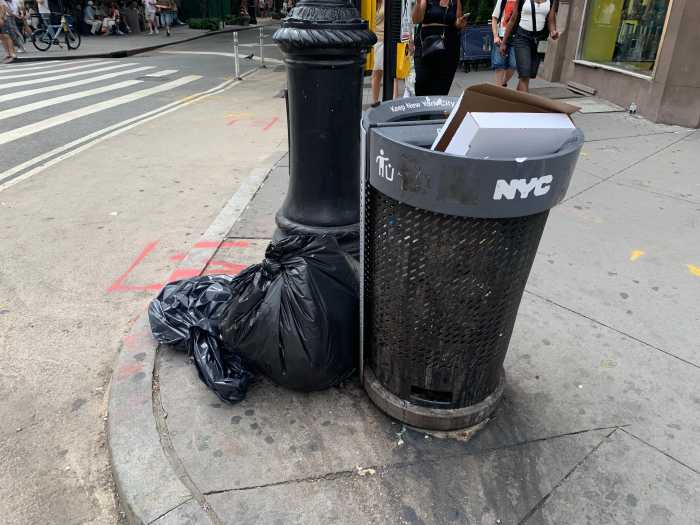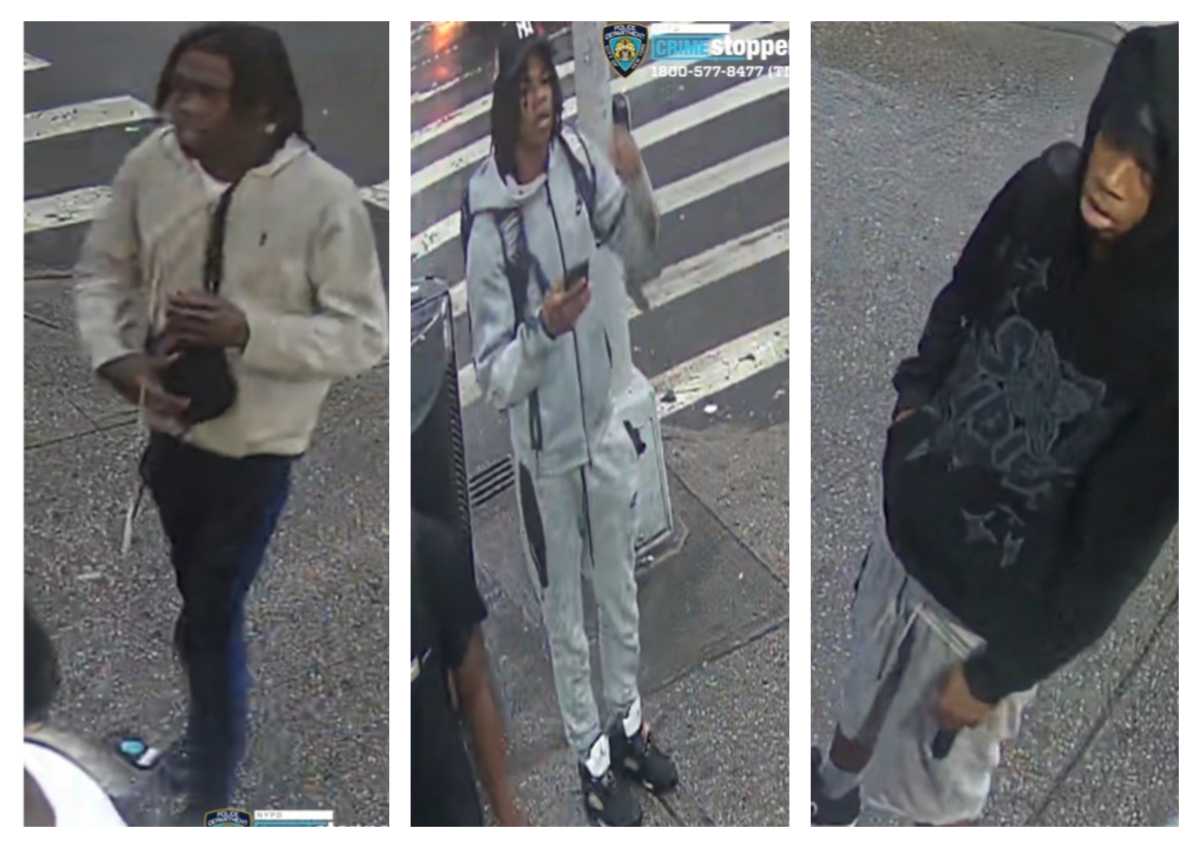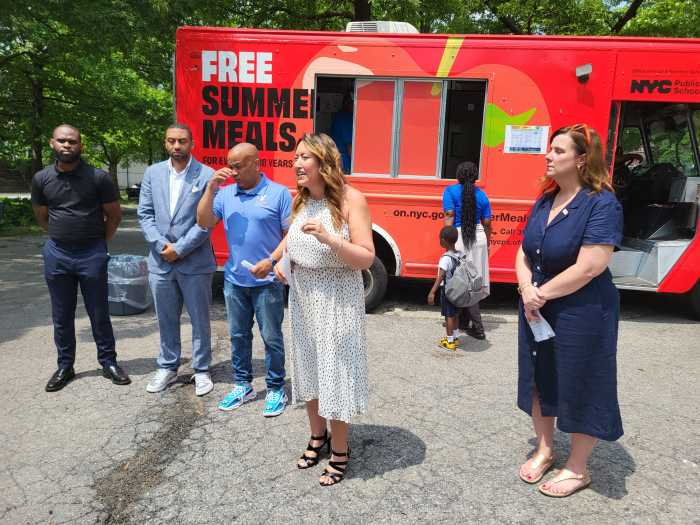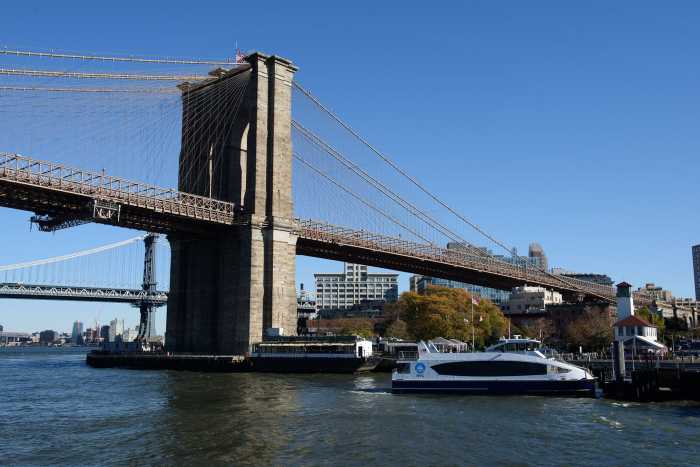Con Edison’s plan to install solar panels on top of its own buildings is important — and not just for the renewable energy it will produce.
It also is a solid piece of an effort to bring the benefits of cheaper solar power to all city residents, especially low-income New Yorkers who don’t have roofs of their own or can’t afford costly installation.
Con Ed officials this week unveiled a plan to add solar panels to the utility’s buildings, which could produce up to 11 megawatts of electricity. That may not seem like a lot given that Con Ed’s service area of NYC and Westchester sometimes uses close to 13,000 megawatts at peak times in the hot summer. But every little bit contributes to Gov. Andrew Cuomo’s ambitious green-energy goals and doesn’t hurt a state-regulated utility.
Con Ed plans to pass along the savings, providing as many as 6,000 customers in its low-income assistance program with a credit on electric bills. Each could save about $5 a month on bills that average $80. It would help relatively few people with a relatively small portion of their bills, but if Con Ed and others can build on the program, it will bring the benefits of solar power to a wider population.
Right now, solar panels are used far more frequently by upper- and middle-income New Yorkers. Just 200 of the 10,000 Con Ed customers who generate solar power are considered low-income, the utility says. In part, that’s because many NYC residents rent or live in multiunit buildings. Even when residents have roofs, installation can cost more than $10,000 or require good credit. So far, broader efforts by the state to share renewable resources’ benefits haven’t succeeded in NYC, Con Ed officials say.
Con Ed’s proposal requires state approval from the Public Service Commission because utilities usually aren’t allowed to own power-generation equipment. But the more dramatic way to reduce the city’s carbon footprint will come from the real estate industry and large developers who can partner with Con Ed to build on this effort. Together, they can generate new ways to allow far more NYC residents to reap the benefits of going green.




































